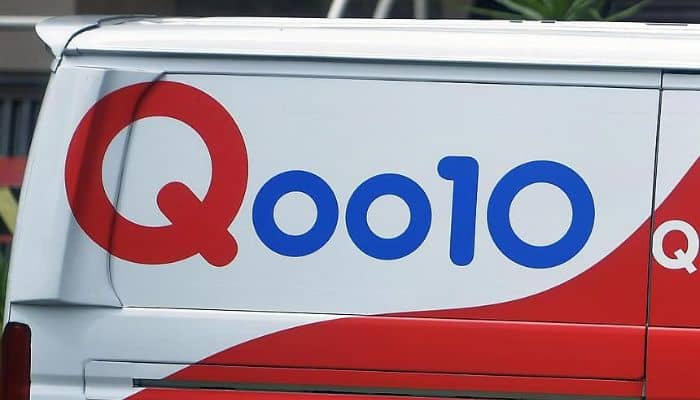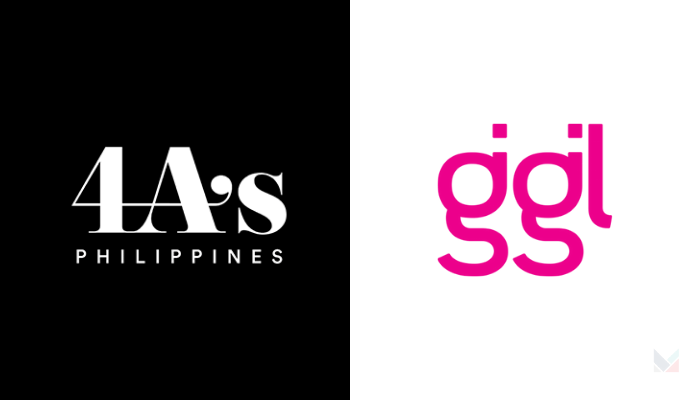Singapore – The Monetary Authority of Singapore (MAS) has directed e-commerce platform Qoo10 to suspend all payment services regulated under the ‘Payment Services Act 2019’ in Singapore, following numerous customer complaints regarding significant delays in processing payments.
Effective immediately, the suspension order does not prevent Qoo10 from operating its e-commerce platform; however, the company may need to enlist a third-party payment service provider to facilitate transactions on the platform.
Between April and August 2024, MAS and other government agencies received several customer complaints against Qoo10 for delays in processing payments to these customers, who are merchants on Qoo10’s e-commerce platform. Qoo10 was asked to address these complaints, and while some were resolved, others remained outstanding.
In early September 2024, Qoo10 notified MAS that a substantial number of merchants would experience payment delays. In response, MAS engaged with Qoo10’s management to address these issues and conveyed serious concerns regarding the situation.
On September 14, The Straits Times (ST) reported that the Singapore Police Force has started investigating complaints filed against Qoo10 and its logistics partner, Qxpress. According to vendors who spoke to ST, Qoo10, which operates in Malaysia, Indonesia, Japan, and Hong Kong, has allegedly failed to make timely payments.
ST also reportedly reviewed documents indicating that vendors using Qxpress for shipping goods to and from Singapore have been facing delays since July.
In an official statement, MAS said, “MAS provided opportunities to Qoo10 to remedy these concerns and required the company to take steps to satisfy MAS that it would be able to meet its obligations to merchants on an ongoing basis, including engaging a third-party payment service provider to offer the covered services.”
However, to date, Qoo10 has failed to provide adequate assurance of its resources and systems to meet its payment obligations to merchants in a timely manner, prompting the financial regulatory authority to issue the suspension order.
“MAS has had to carefully consider the potential disruption the suspension could cause to Qoo10’s e-commerce platform or other services that are integrated with the covered payment services,” MAS explained.
“However, permitting Qoo10 to continue providing covered payments services would expose more merchants using Qoo10’s covered payment services to risks of larger outstanding obligations and potential losses. Qoo10 will be permitted to make payments to satisfy outstanding claims by such merchants but may not take on new payment obligations,” MAS added.
According to MAS, the suspension will only be reconsidered when Qoo10 demonstrates its ability to effectively resolve the payment delays and ensure the ongoing protection of its customers’ interests in Singapore.
It is important to note that when the PS Act was introduced on 28 January 2020, existing payment service providers were granted exemptions to continue their services while their license applications were under review by MAS, ensuring that these services remained uninterrupted. While Qoo10 is not licensed by MAS, it was allowed to continue offering payment services during the review process of its application.
MAS advises merchants facing payment delays to raise their concerns with Qoo10. If these issues remain unresolved, merchants are encouraged to use established commercial dispute resolution processes, including filing a civil claim. Additionally, those experiencing cash flow difficulties due to these delays should reach out to participating financial institutions listed on Enterprise Singapore’s website to apply for the Enterprise Financing Scheme (working capital loan).
According to ST, reports of Qoo10’s issues first surfaced in July, revealing that TMON and WeMakePrice—two South Korean e-commerce platforms owned by Qoo10—had failed to pay their vendors, leading to an investigation by South Korean authorities.
In addition, reports in August indicated that Qoo10 had reduced its workforce in Singapore by approximately 80%. The Ministry of Manpower announced that the Taskforce for Responsible Retrenchment and Employment Facilitation is monitoring the company’s retrenchment efforts.






